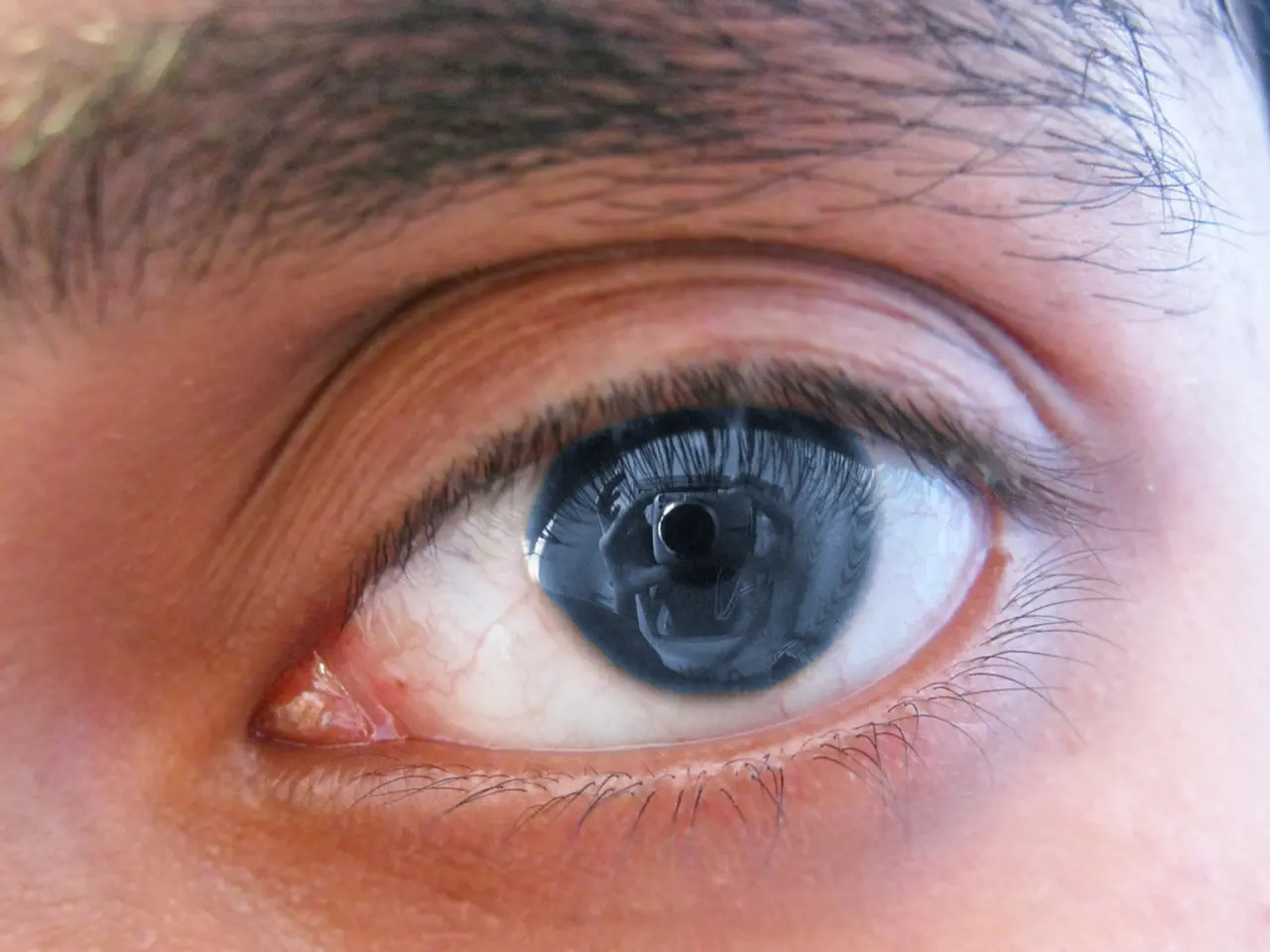Alternative remedies for glaucoma: Plant-based solutions, lifestyle adjustments, and dietary options
Moderate exercise, such as brisk walking or swimming, may help reduce intraocular pressure (IOP) and improve overall eye health and vision. This is just one of the many ways you can support your eye health.
A balanced diet rich in certain vitamins, minerals, and healthy fats may have protective effects against glaucoma. Foods like kale, spinach, and other leafy greens are packed with nutrients that can help shield your eyes from developing this condition. Similarly, fruits such as citrus fruits, berries, and dark chocolate may improve blood flow to the eyes, while vegetables like carrots, sweet potatoes, and pumpkins contain vitamins A and C, lutein, and zeaxanthin, which help protect the optic nerve and eye tissues from damage due to oxidative stress.
Fish like salmon and tuna, which are high in omega-3 fatty acids, may help reduce eye pressure due to glaucoma. Certain nuts and seeds, such as almonds and sunflower seeds, are high in vitamin E, which helps protect against the breakdown of tissues in the retina.
When it comes to natural remedies for glaucoma, there is no evidence that they work in practice. However, some herbal supplements have shown promising results in studies. For instance, saffron, with its anti-inflammatory and antioxidant properties, may reduce intraocular pressure in people with primary open angle glaucoma. Other supplements, such as Ginkgo biloba, bilberry (Heidelbeeren) anthocyanins, EGCG from green tea, resveratrol from red grapes, curcumin from turmeric root, hesperidin from citrus fruits, ginsenosides from ginseng, and Scutellaria baicalensis Georgi, have shown effects such as improving ocular blood flow, reducing intraocular pressure, and protecting the optic nerve.
However, it's important to note that further studies in humans are necessary to determine the effectiveness of these supplements, especially Scutellaria baicalensis Georgi, for managing glaucoma. Also, some herbal remedies or alternative therapies may interact with medications or certain health conditions, so always talk with a doctor before starting any natural treatments.
Stress management techniques, such as meditation, deep breathing, and mindfulness, may help manage glaucoma as stress may increase IOP and worsen the condition. Additionally, hot tea, consumed at least once per day, may link to a reduced risk of developing glaucoma.
Blackcurrant is high in anthocyanins and may improve blood flow within the eye and reduce IOP levels in people with primary open angle glaucoma who are taking antiglaucomatous medication. Dark chocolate may also improve blood flow to the eyes.
In summary, maintaining a healthy lifestyle, including a balanced diet, moderate exercise, and stress management techniques, may help protect against glaucoma. While some natural remedies show promise, it's crucial to consult with a healthcare professional before starting any new treatments. For more information on eye health, visit our dedicated hub.








